Is Gluten Bad For Your Health?

Since becoming gluten free myself, I have noticed that I feel so much better after every meal! As we learn more and more about the human body and how it reacts to certain substances, one thing that many people have begun to do is cut gluten out of their diets. Although some people may simply use gluten free foods as a fad or for weight loss, many people have discovered that going gluten free is beneficial for their overall health and well being. So the question remains: Is Gluten Bad For Your Health? I hope that after reading this article you have a better understanding of what gluten is and whether or not a gluten free diet is something for you to consider!
What is Gluten and Why is it Bad?
Why is gluten bad for your health?
I think the best way to start understanding the role of gluten in your diet is to first get an accurate picture of what gluten really is. An article from Harvard Health identifies gluten as a “protein found in many grains, including wheat, barley and rye” making it native to bread or flour based foods like pizza and pasta. Typically, gluten is used in cooking or baking because of the soft, chewiness that it offers. The reason why it is so effective in foods comes down to the way that gluten proteins are able to trap gas, allowing breads or pastas to rise during baking or cooking. In a nutshell, gluten is what makes grain based foods light and fluffy and allows them to maintain their moisture.
So then, why is gluten bad? In reality, the group of people that are most affected by the consumption of gluten are those with celiac disease. At its core, celiac disease refers to a negative immune response to gluten within the intestinal tract. For these individuals, eating gluten can result in inflammation and ultimately damage to the intestines which is not only harmful but also very painful. Overall, however, only a very select number of people suffer from celiac disease. Nevertheless, there are some cases of individuals that do not have celiac disease but still show symptoms of a negative reaction to eating gluten; such people are referred to as gluten sensitive. If you consistently suffer from bloating or abdominal pain after eating grain based foods or cereals, you may fall into this category. In my case, every day I had a severe cough that would result in nauseousness. I would have such severe coughing that I would periodically vomit so I had to do something. Read more here about my solution.
Is Gluten Healthy or Unhealthy?
With all the different gluten free options, it can seem like gluten free is the way to eat healthy and lose weight. This is not necessarily the case. While a gluten free diet is a must for those with celiac disease and is highly recommended for individuals with gluten sensitivities, there is actually no scientific evidence that says gluten is unhealthy or bad for your body.
Basically unless you’ve been diagnosed with celiac disease, there’s very little evidence to support claims that gluten has a negative effect on your health. Does that mean gluten is healthy? Gluten isn’t healthy or unhealthy (unless you have celiac disease).
Is Gluten Free Better For You?
Essentially, gluten adds no health benefits. On its own, gluten doesn’t provide any essential nutrients or minerals that help or hurt the body (aside from those with celiac or sensitivity, of course). With this being said, cutting gluten out of your diet will not cause any lasting repercussions on your health or wellness. However, many foods that contain gluten do provide the body with fiber, B vitamins, iron, calcium, and vitamin D. Gluten free foods have the tendency to be lower in these essential nutrients while being higher in their sugar and fat content. Therefore, those practicing a gluten free lifestyle will need to supplement.
All in all, one should take everything into consideration when deciding whether to embark on a gluten free diet. As I mentioned before, eliminating gluten is in the best interest of anyone who is struggling with celiac disease. Removing gluten in these cases will help to relieve painful symptoms and provide a better quality of life. Similarly, for those with gluten sensitivities, limiting their gluten intake to a minimum can help to reduce any intestinal irritation and discomfort. If you believe that you may have a sensitivity to gluten, I highly recommend talking to your doctor about the best course of action as well! On the other hand, for those who have not experienced an intolerance or resistance to gluten, a gluten free diet isn’t necessarily better or healthier for you.
Gluten Free Approved Foods List
If you find yourself in one of the categories of people who are affected by gluten, or you simply want to give the diet a try, there are a great deal of healthy foods that are naturally gluten free. According to an article in Medical News Today, some of these include:
- Organic Eggs
- Organic Poultry such as chicken, turkey, duck
- Grass Fed and Organic Meats
- Fish such as salmon, trout, sardines, mahi mahi
- Seeds such as flaxseeds, chia seeds, sunflower seeds
- Nuts such as almonds, peanuts, walnuts, cashews
- Fruits with low sugar such as avocado, tomatoes, squash, lemon, bell peppers, cucumber, zucchini
- Vegetables such as spinach, leafy greens, green beans, mushrooms, artichokes, brussel sprouts, cauliflower
- Dairy Products such as milk, yogurt, cheese, sour cream, ghee, butter
- Quinoa, Oats, Rice
Note: Soy sauce which seems like a safe alternative is not gluten free

In addition to these foods, the market for a gluten-free diet is becoming more and more widespread and popular. Because of this, most grocery stores, restaurants, and other food services offer a wider variety of delicious gluten free alternatives. One company in particular that offers great gluten free meal plans is Real Plans! Designing a meal or menu with Real Plans allows you to plan out your meals on their site, shop for the perfect ingredients, and then cook with their family-approved recipes in the comfort of your own home!
So is gluten bad for your health? Yes it can be and there are many options to achieve a healthy lifestyle on a gluten free diet. With the right resources, eliminating gluten from your diet can become much easier than it was in the past. After going gluten free myself, I’ve noticed a difference in the way I feel after eating a meal. The best way to find success in a gluten free diet is to limit processed foods and focus more on fresh, whole foods.
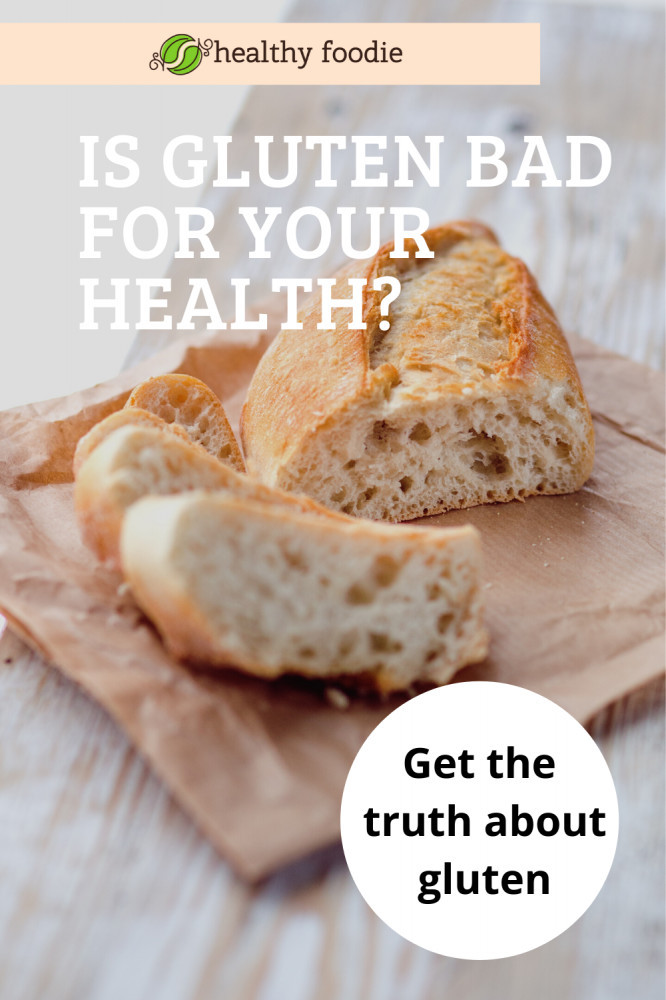

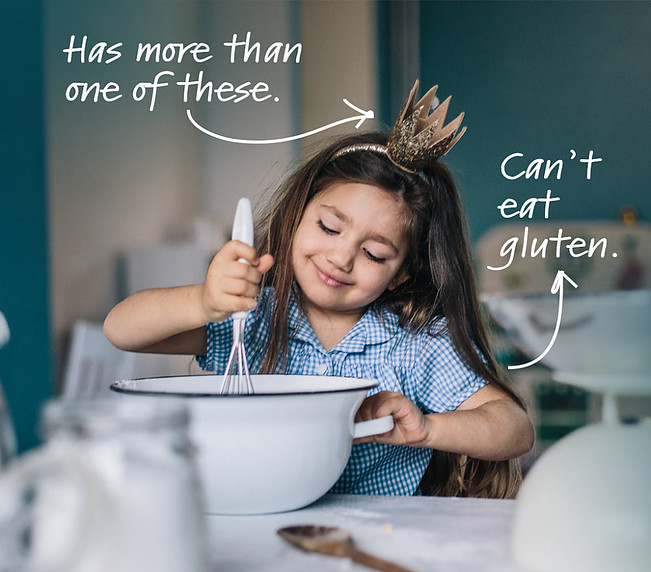



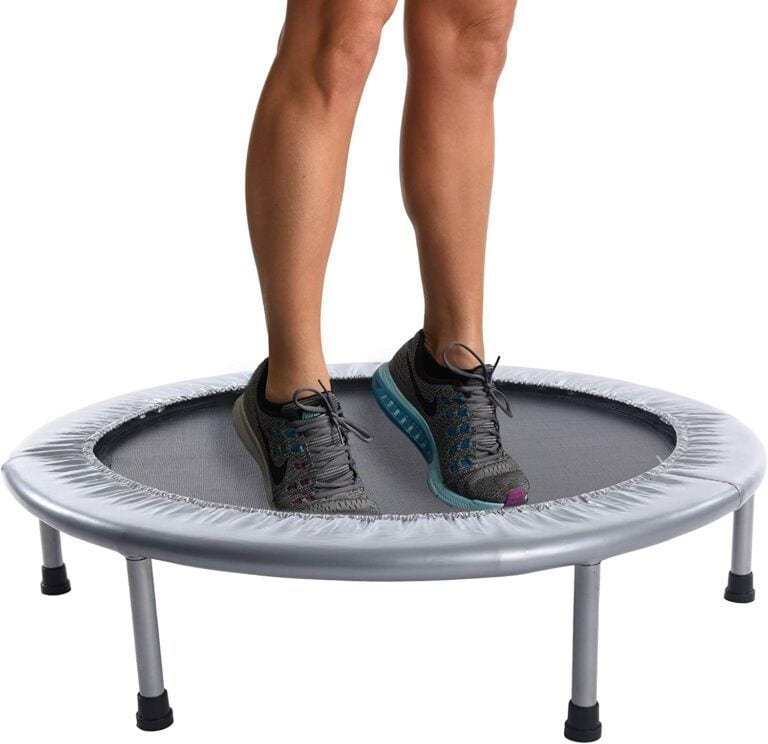
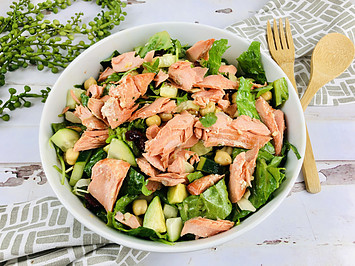

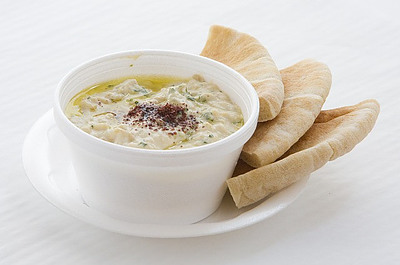
Thanks for sharing this interesting information on gluten.
Thankfully my body has no difficulty processing gluten, so I have no need to worry. But I know that a lot of people suffer with bad pains because of it and it can take them quite a while to work out the cause of it.
Hopefully many people will read this and realise that it is gluten that is causing their issues and that they will take your advice to exclude it from their diet.
Hi Geoff! Yes I hope so too that many people will read my article on gluten. Thank you for stopping by today!